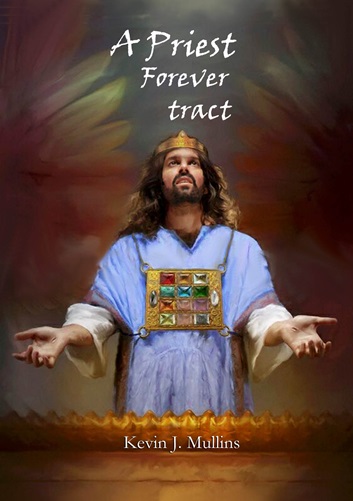17. Using a Power-Based Underlying Assumption
Taking the Trinitarian premise that there are three Persons of the Godhead, the underlying assumption places the focal point upon the question of the nature of equality. From a Trinitarian view, equality is presupposed to be that of inherent power.
As we have seen above, the process of securing the premise to a Trinitarian view is the process of proving the Son and Holy Spirit as inherently equal to the Father. Every statement will be interpreted in that light. But is this totally Biblical?
The same issue that caused confusion over the Sabbath keeping is at play here. That old lie told to our parents in the Garden of Eden is the driving force behind the desire to determine equality by inherency. Let me explain.
The statement “you shall not surely die” told Adam and Eve in effect that “you possess your own life source inherently.” “Maybe God gave it to you but now it is yours to do with as you wish.” “You can survive without being in an intimate relationship with God because you are immortal.”
The shift of power source caused a shift in value system. If man can only have life through a relationship with God then his value and purpose as a person is bound up in the relationship with God. Whereas if man possesses life in himself, his value and purpose as a person is bound up in that power found in himself and he will project this view onto the God that he worships. This means the value of the God we worship is measured only by the power He possesses.
The contrast of these two systems is found in Jeremiah 9:23,24.
Jer 9:23,24 Thus saith the LORD, Let not the wise man glory in his wisdom, neither let the mighty man glory in his might, let not the rich man glory in his riches: But let him that glorieth glory in this, that he understandeth and knoweth me, that I am the LORD which exercise lovingkindness, judgment, and righteousness, in the earth: for in these things I delight, saith the LORD.
We see here a clear contrast between a man seeking glory (value) in the things he does or performs as opposed to seeking glory (value) in knowing his Creator. The key point we are making here is that the lie embraced in Eden shifted humanity’s perception of value from relationship, to value by inherent power. Notice the following passages:
Mat 18:1 At the same time came the disciples unto Jesus, saying, Who is the greatest in the kingdom of heaven? And Jesus called a little child unto him, and set him in the midst of them, And said, Verily I say unto you, Except ye be converted, and become as little children, ye shall not enter into the kingdom of heaven. Whosoever therefore shall humble himself as this little child, the same is greatest in the kingdom of heaven. And whoso shall receive one such little child in my name receiveth me.
Luk 12:15 And he said unto them, Take heed, and beware of covetousness: for a man's life consisteth not in the abundance of the things which he possesseth.
Luk 22:25,26 And he said unto them, The kings of the Gentiles exercise lordship over them; and they that exercise authority upon them are called benefactors. But ye shall not be so: but he that is greatest among you, let him be as the younger; and he that is chief, as he that doth serve.
Again and again in Scripture you will discover the principle that true greatness comes through a relationship with God, not through your own efforts and abilities.





